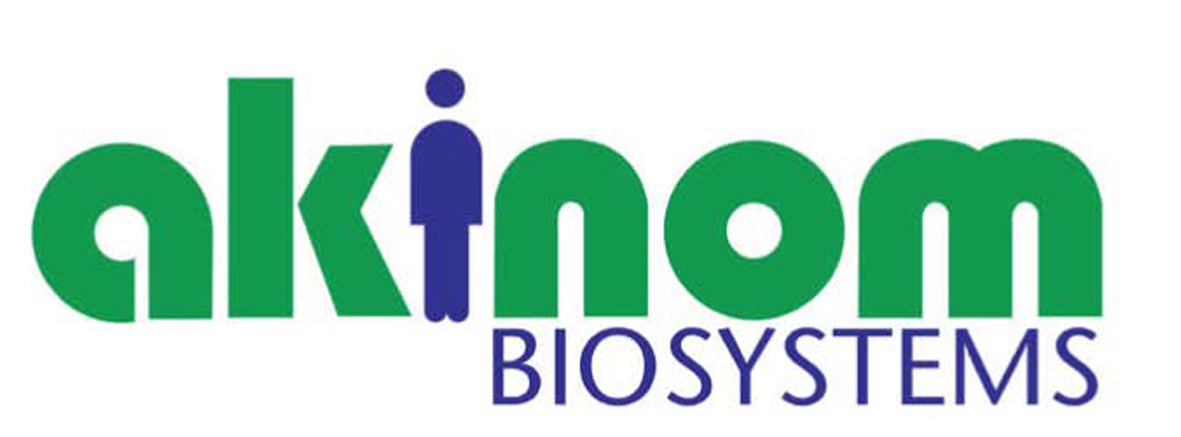In Light Wellness Systems
Why does Light Therapy Work?
Light energy stimulates the release of nitric oxide from hemoglobin into the blood stream. When nitric oxide is released from hemoglobin, it enters the muscle cells in the walls of the blood vessels. The muscle cells relax as the blood vessel diameter enlarges, allowing more blood to flow through the vessels.
Benefits of Increased Nitric Oxide
Increasing nitric oxide levels in the body offers a host of benefits. These can include:
• Anti-inflammation
Inflammation occurs when oxygen levels are too low, so increasing blood flow via nitric oxide reduces inflammation.
• Tissue regeneration
Tissues that need to heal require oxygen, nutrients, ATP and growth factors. Nitric oxide provides an environment for enhanced healing. The key to accomplishing this? Better blood flow.
• Pain reduction
Pain occurs when oxygen levels at the nerves are are too low. Think of how painful your finger becomes if you wrap a rubber band around it. The rubber band cuts off blood flow, thereby depriving nerves and other cells of oxygen. The pain recedes when the rubber band is removed.
• Increased localized circulation
Nitric oxide is increased locally when light energy is applied to any specific site. Along with it, blood flow increases at the same point.
Depth of Light Penetration
Light is composed of photons. Photons are quantum units of energy. A photo emitted at a specific wavelength or color contains the same irrespective of the source. Light near the blue end of the spectrum penetrates about 2 to 3 millimeters. Light at the red end of the spectrum penetrates about 8 to 10 millimeters. And, near infrared light penetrates about 20 to 100 millimeters. Near infrared light is more energetic than visible light, less resistant to reflection and absorption, and therefore penetrates soft tissue to a deeper level. These are generalizations because the more red cells with hemoglobin in the path of the photons, the shallower the depth of the penetration. Remember, hemoglobin absorbs the near-infrared light energy, thereby releasing nitric oxide.
Benefits of Light Therapy
The net result of light therapy is a cascade of beneficial chemical reactions throughout damaged nerve cells that stimulate healing. This response can be directly attributed to increased blood flow. This enhanced, localized blood flow improves tissue oxygenation and therefore plays a role in the following:
• improved sensation, which offers better gait and balance when walking;
• reduced pain, which can allow for better sleep at night, as well as reduced burning and stinging sensation in the extremities;
• increased oxygenation, which acts to reduce inflammation; and finally,
• increased circulation, which offers the body decreased wound incidents and shorter healing times.
